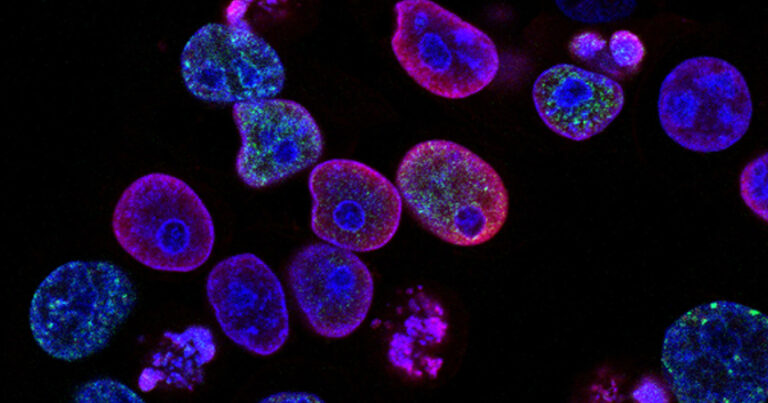Alex R. Hobson, Zeshan Qureshi, Phil Banks & Nick Curzen.
There is significant variability in both baseline clotting tendency and response to antiplatelet therapy. Responses are associated with outcome. We have investigated whether differences could explain the increased risk observed in women presenting with coronary artery disease. We have utilized short thrombelastography to assess (i) baseline clotting responses, (ii) response to aspirin and clopidogrel, and (iii) post-treatment platelet reactivity in 48 young volunteers, 22 older patients and 18 patients with previous stent thrombosis.
Baseline responses were significantly higher in young women than in men. While there was no difference in response to aspirin, platelet reactivity on aspirin remained higher in women (area under curve at 15 min [AUC15] of arachidonic acid channel 332 ± 122 vs. 172 ± 80, P = 0.04). Young women had less response to clopidogrel (% reduction in AUC15 with adenosine diphosphate [ADP] 36.4 ± 12.4 vs. 64.0 ± 13.2, P < 0.01) in addition to higher post-treatment reactivity (AUC15 of ADP 714 ± 161 vs. 311 ± 146, P < 0.01) compared to men.
There were no such differences between male and female patients over 50. However, young women with previous stent thrombosis had among the highest platelet reactivity observed. Compared to men, young women have greater baseline clotting tendency, reduced response to clopidogrel, and greater post-treatment reactivity while on both aspirin and clopidogrel.


